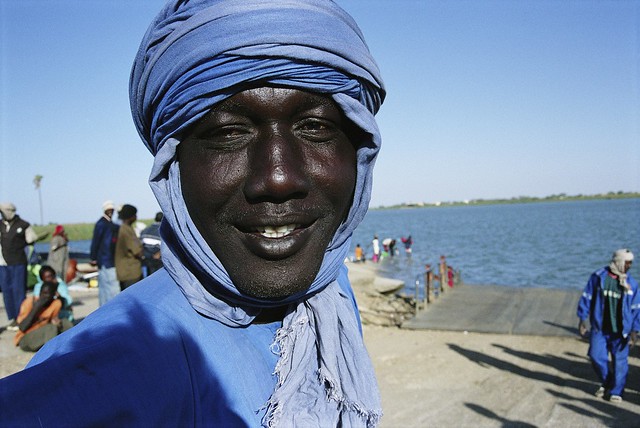With a coastline along the Atlantic Ocean, Gabon shares borders with Cameroon, Equatorial Guinea, and the Republic of Congo. Its population as of 2023 is approximately 2.3 million.
Gabon has one of the highest urbanization rates (80%) in Africa. Libreville and Port-Gentil are home to nearly 59% of the population. Youthfulness is a defining demographic characteristic: half the population is under 20 years old, and fertility rates are significantly higher in rural areas (six children per woman) compared to urban areas (four children per woman).
A pioneer in ecological protection, Gabon actively works to preserve its tropical forest, making it a net carbon absorber. The country champions carbon neutrality initiatives. Its diverse ecosystem provides fertile soils, abundant coastal resources, and fisheries. However, despite its economic potential, Gabon struggles to translate resource wealth into sustainable and inclusive growth.
Political Situation
Since August 2023, Gabon has undergone profound political change. The military transition ended the long dominance of the Gabonese Democratic Party (PDG) and the Bongo family, initially welcomed by a population weary of decades of poor governance.
On November 16, 2024, a referendum approved a new constitution designed to strengthen democratic institutions, limit the concentration of power, and prevent political dynasties. It set the presidential term at seven years, renewable once, and excluded spouses and direct descendants of former presidents from eligibility.
The transition concluded with the presidential election of April 12, 2025, during which General Oligui Nguema was elected President, and marked the beginning of Gabon’s Fifth Republic.
Legislative, local, and senatorial elections are scheduled for September 27 and October 11–13, 2025, which will formally end the transitional parliament.
Economy
Gabon's growth accelerated to 3.4% in 2024, up from 2.4% in 2023, primarily driven by large infrastructure projects implemented by the transitional government and by increased oil production amid relaxed OPEC+ restrictions and the exploitation of new oil fields. Inflation remained on a downward trend, standing at 1.6% in March 2025, thanks to measures aimed at controlling living costs, easing global inflation, and a restrictive monetary policy by the Bank of Central African States (BEAC).
Tax collection efforts, such as the launch of a new digital tax filing platform and digitalization of the Northern-border customs offices, contributed to tax revenues in 2024. Yet, government revenues were negatively impacted by declining global oil prices. Meanwhile, low execution levels of public works helped contain public spending in 2024.
Over the coming years, Gabon’s economic growth is expected to come from non-oil sectors in view of an expected gradual depletion of oil reserves. Sectors such as manganese, timber, palm oil and rubber plantations, and iron ore—following the recent start of production at the Belinga iron ore mine—are expected to play key roles in future growth. The Government is launching ambitious plans and strong investments in infrastructure to support different sectors.
Significant risks weigh on Gabon’s growth outlook. Geopolitical tensions, global trade shocks and weaker demand from major trading partners such as China and the EU may impact export performance. Another important risk is the deterioration of the fiscal situation due to expected declines in oil revenues and strong pressures on public expenditures coming from social expectations to rapidly and tangibly improve living conditions. Efforts to prioritize and improve the efficiency of public spending, and expand tax revenue collection, will be key to achieving higher growth, stronger job creation and poverty reduction under a sustainable fiscal path.
Last Updated: Oct 09, 2025







